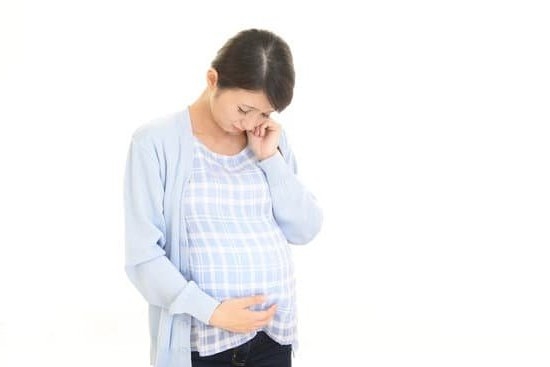What is Night Sickness?
Night sickness is a term used to describe nausea and vomiting in the morning or evening that occurs during the early stages of pregnancy. It is most common in the first trimester and can last until the end of the first trimester or early second trimester.
Is Night Sickness a Sign of Early Pregnancy?
Yes, night sickness is a very common sign of early pregnancy and can be experienced by up to 85% of pregnant women. It can start as early as the first few weeks of pregnancy and can last for the whole first trimester.
What Are The Causes of Night Sickness in Pregnancy?
There is no one single cause of night sickness but it is thought to be caused by a combination of several factors including:
- Hormonal changes: During early pregnancy, your body undergoes major hormonal changes. A rise in progesterone and human chorionic gonadotropin (hCG) causes nausea and vomiting.
- Lower blood sugar levels: Pregnant women may experience lower than normal levels of blood sugar which can lead to queasiness.
- Morning sickness: Morning sickness is a common symptom of early pregnancy and can intensify in the evening or night.
- High levels of sensitivity to smells: During pregnancy, women become more sensitive to smells. Nausea and vomiting can occur as a result.
- Increased acid reflux: Pregnant women’s digestive system slows down during pregnancy. This can cause food to stay in the stomach longer which can lead to increased acid reflux.
What Are Shown In Symptoms of Night Sickness?
The symptoms of night sickness are similar to morning sickness symptoms and can include:
- Nausea
- Vomiting
- Mild abdominal cramps
- Dizziness
- Weakness
- Headaches
What Are The Ways To Relieve Night Sickness?
There are a number of things that you can do to help relieve night sickness:
- Eat small, frequent snacks throughout the day: Eating smaller, more frequent meals can help to keep your blood sugar levels stable, which can help to relieve nausea.
- Eat something before bed: Eating a small snack such as crackers or a piece of toast can be helpful in keeping your stomach settled during the night.
- Avoid spicy and fatty foods: These foods can worsen nausea, so it is best to steer clear.
- Stay hydrated: Drinking plenty of fluids can help to avoid dehydration which can worsen nausea.
- Get plenty of rest: Getting adequate rest during the night can help to reduce the symptoms of night sickness.
- Avoid strong smells: If certain smells are triggering the nausea, it is best to try and avoid them.
Conclusion
Night sickness is a very common symptom of early pregnancy that can affect up to 85% of pregnant women. It is caused by hormonal changes and can include symptoms such as nausea, vomiting, abdominal cramps, dizziness, and headaches. The best way to relieve night sickness is to eat small, frequent snacks throughout the day, avoid spicy and fatty foods, stay hydrated, and get plenty of rest. Avoiding strong smells can also help to reduce the symptoms of night sickness.

Welcome to my fertility blog. This is a space where I will be sharing my experiences as I navigate through the world of fertility treatments, as well as provide information and resources about fertility and pregnancy.





